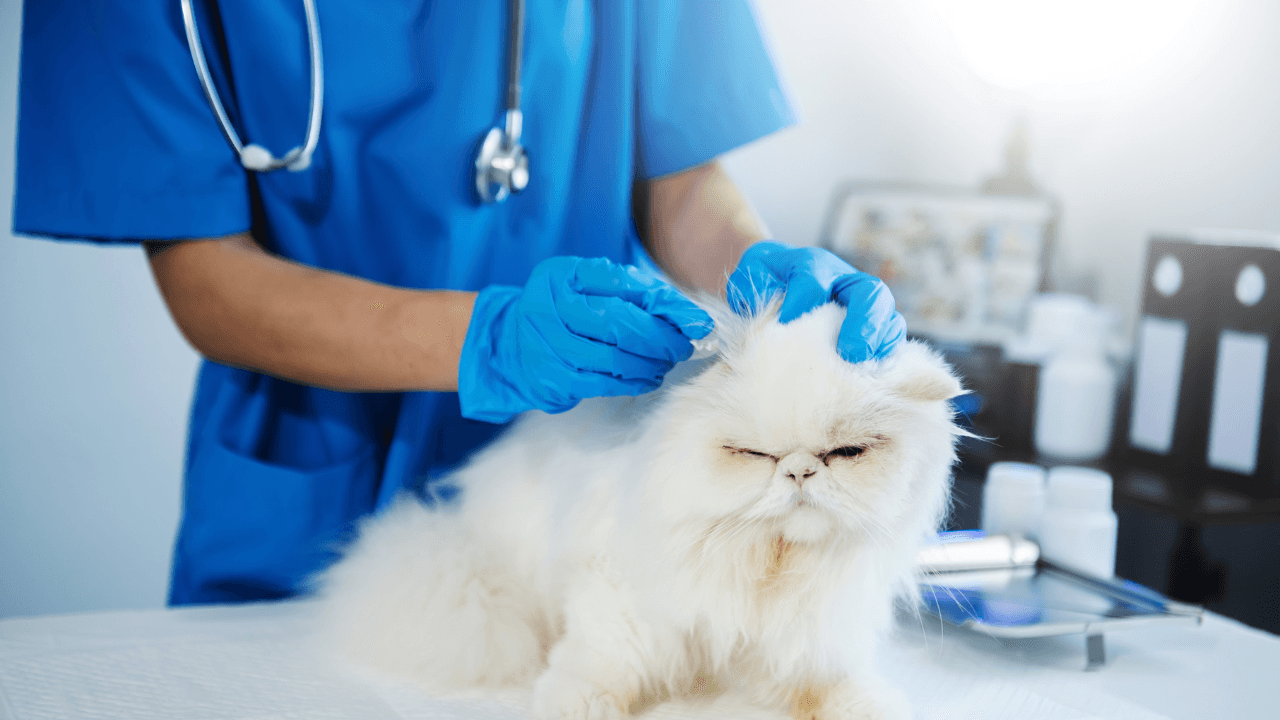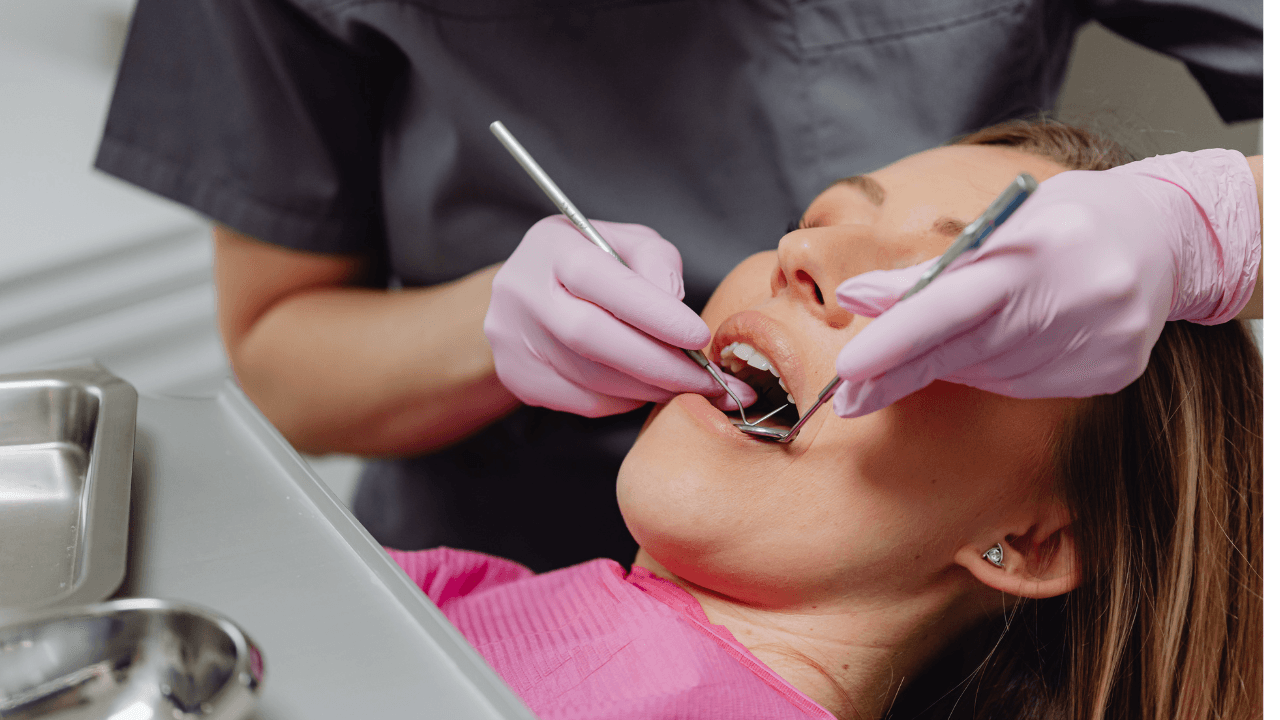When your pet faces surgery or illness, the journey to recovery begins with understanding and support. Veterinary hospitals play a crucial role during this time. They focus on care, healing, and reassurance. If you’re seeking a veterinarian in Sumter, South Carolina, you can expect skilled professionals who care for your pet’s well-being. They analyze your pet’s needs. They provide top-notch surgical assistance and post-operative care. Their goal is simple: ensure your furry friend regains health swiftly and comfortably. You want your pet safe and thriving, and these experts stand ready to provide the necessary attention. They guide you through each step, explaining procedures and updates clearly. They rely on tried-and-true methods and genuine compassion. From medication to advice on diet and exercise, they equip you with the knowledge to support your pet at home. You are not alone on this journey. Professional care is within your reach and ensures a smoother recovery.
Comprehensive Post-Surgery Care
After surgery, your pet requires special attention. Veterinary hospitals ensure your pet receives ongoing care, from monitoring vital signs to managing pain. They use proven techniques to reduce discomfort and promote healing. Regular check-ups assess your pet’s progress. These are crucial in spotting problems early and modifying care plans as needed.
Key Aspects of Veterinary Support
Understanding what happens at a veterinary hospital can ease your worries. Here are three main areas they focus on:
- Medical Assessment: Professionals evaluate your pet’s health through tests and observations.
- Treatment Plans: Based on assessments, they create a clear care strategy.
- Aftercare Instructions: They provide clear instructions on diet, exercise, and medication.
Medication and Pain Management
Medications play a crucial role in recovery. Vets determine the right type and dose for your pet. They explain how to administer medicines properly. This reduces pain and speeds up healing. Consistent medication administration is vital for effectiveness.
Nutrition and Diet
Nutrition matters after surgery or illness. Veterinary hospitals recommend diets that promote quick recovery. These diets often include specific nutrients that aid healing and rebuild strength. You’ll get guidance on feeding schedules and portion sizes.
Monitoring and Follow-Up
Follow-up visits are vital. They allow vets to track recovery progress. Adjustments to treatment plans can be made if needed. You stay informed about your pet’s health status through these visits. Regular monitoring reassures you that recovery is on track.
Comparing Pre- and Post-Surgical Processes
| Stage | Before Surgery | After Surgery |
|---|---|---|
| Assessment | Health evaluation and surgical prep | Follow-up and recovery tracking |
| Treatment | Pre-surgical care plan | Pain management and medication |
| Care Plan | Explain procedure and outcome expectations | Guide on diet, exercise, and aftercare |
Emotional Support for Pets and Owners
Pets sense stress and fear. Veterinary staff provide calm and reassuring environments. They understand the emotional bond between pets and owners. Compassionate communication helps ease anxiety. You receive support not just for your pet’s physical recovery, but also for emotional well-being.
Explore more about animal health and welfare at the ASPCA.
Conclusion
Veterinary hospitals are invaluable in your pet’s recovery journey. They offer comprehensive care, practical guidance, and emotional support. You have access to professional resources that ensure your pet’s swift healing. Trust in their expertise and dedication to your pet’s health. Recovery is a team effort. With veterinary hospitals, you have skilled partners in ensuring your pet’s well-being.



